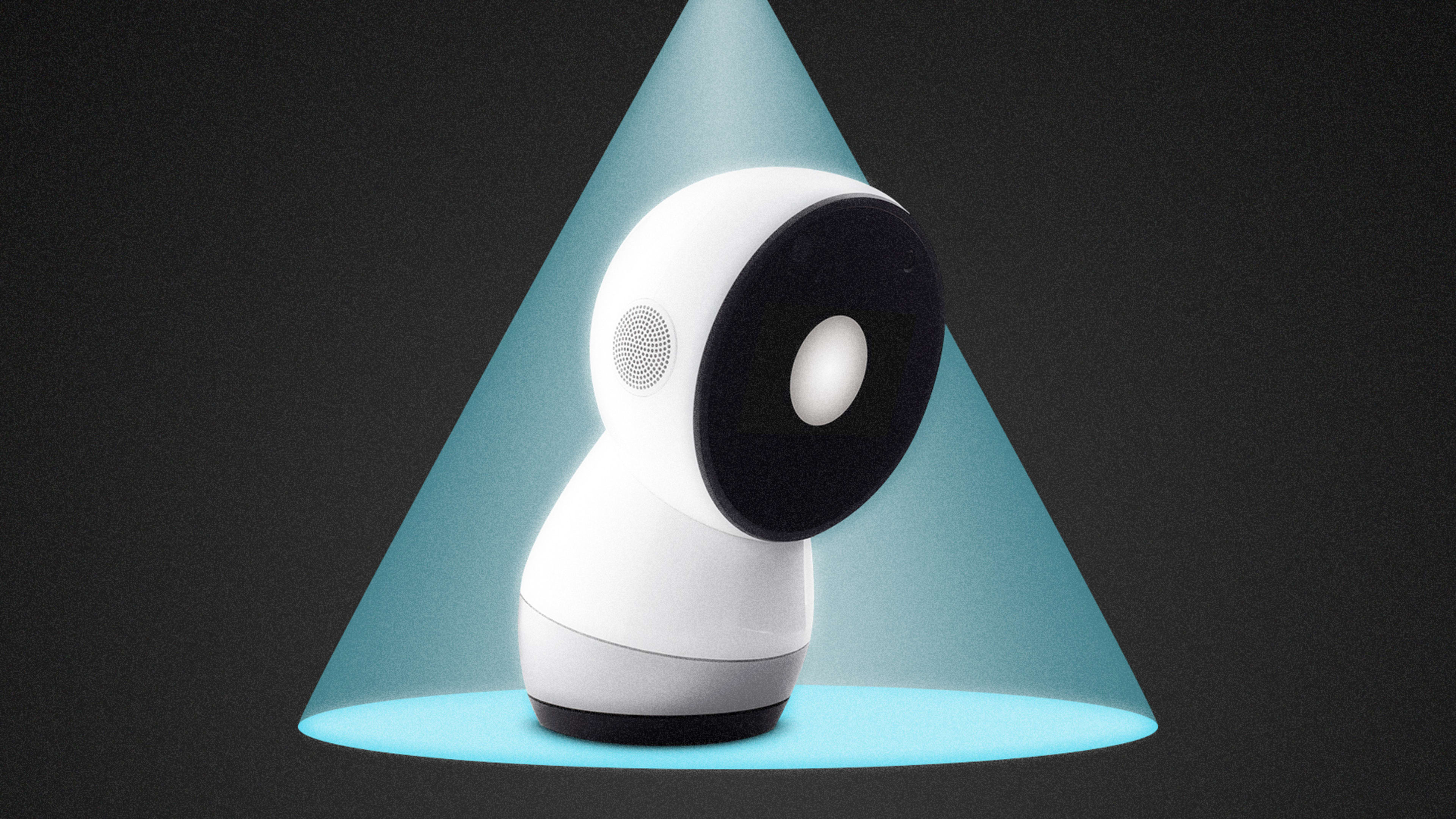When Jibo launched in 2016, after several years of development and a successful $3.7 million Indiegogo campaign, it was known as “the social robot,” and “the world’s first family robot.” Today, it is no more.
In characteristically friendly fashion, the robot is telling its owners that its time has come, as the cloud servers that power its “brain” are finally shutting down and limiting its already extremely limited capabilities. Jibo’s creators seem to acknowledge their failure in this last farewell message to users.
“Thank you very, very much for having me around,” Jibo says in a tweet by Dylan Martin. “Maybe someday when robots are way more advanced than today, and everyone has them in their homes, you can tell yours that I said hello.” Then Jibo ponders if future robots will be able to dance like he can.
The servers for Jibo the social robot are apparently shutting down. Multiple owners report that Jibo himself has been delivering the news: "Maybe someday when robots are way more advanced than today, and everyone has them in their homes, you can tell yours that I said hello." pic.twitter.com/Sns3xAV33h
— DLJM (@DylanLJMartin) March 2, 2019
Jibo was announced in 2014, an era when smart assistants and chatbots were still the next big thing. It promised to be your “charming” personal assistant. Yet with Alexa, Google Assistant, and even Siri providing more functionality (even if they lacked the cute anthropomorphic design), the robot seemed destined to fail. When the device launched, it was almost universally panned by reviewers as “limited” in utility. Unlike the many useful robots already at work in countries like Japan, which can effectively improve the life of elderly people, help take care of kids, or provide aid to people with various problems, Jibo didn’t have a clear value proposition. One reviewer called it a “terrible $900 party trick” for adults.
Financially, Jibo started to show signs of trouble the same year it starting shipping orders, when the company started canceling international orders. Last year, The Robot Report published that the company was laying off most of its staff after burning through $73 million in funding. The writing was on the wall. Jibo officially folded last December. The company servers are now shutting down, with users posting their robots’ messages online this week.
It seems a cutesy robotic buddy can’t compete with existing, more efficient smart assistants that have much more powerful AI and the backing of giants like Google and Amazon. But that doesn’t seem to be stopping other startups and robotics companies from going down a similar path, unfortunately. I’m an unrepentant nerd–I love robots. But until engineers figure out how to create robots that solve real consumer needs at affordable prices, perhaps it’s wise to stop wasting precious planetary resources on useless pieces of junk.
Recognize your brand’s excellence by applying to this year’s Brands That Matter Awards before the early-rate deadline, May 3.
